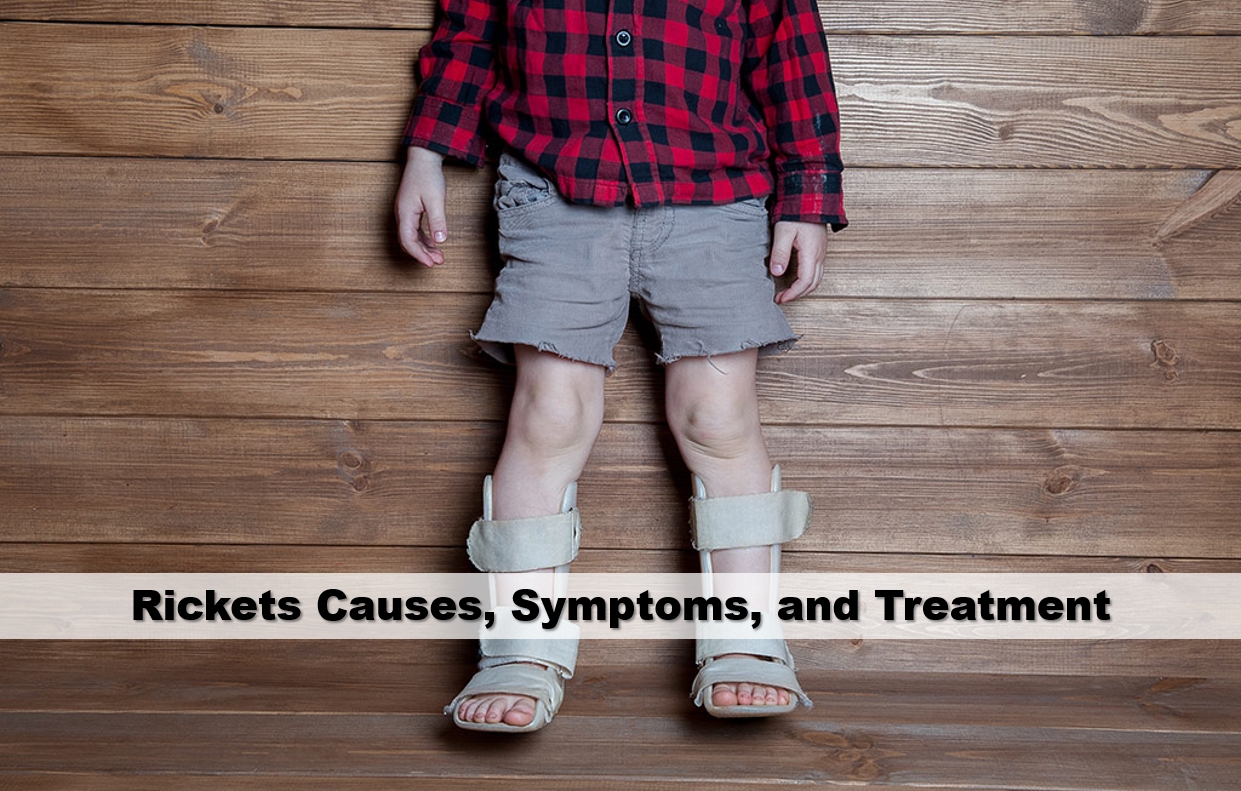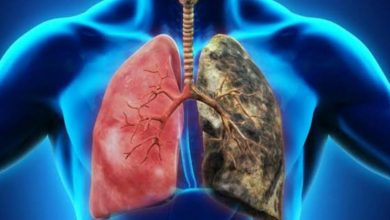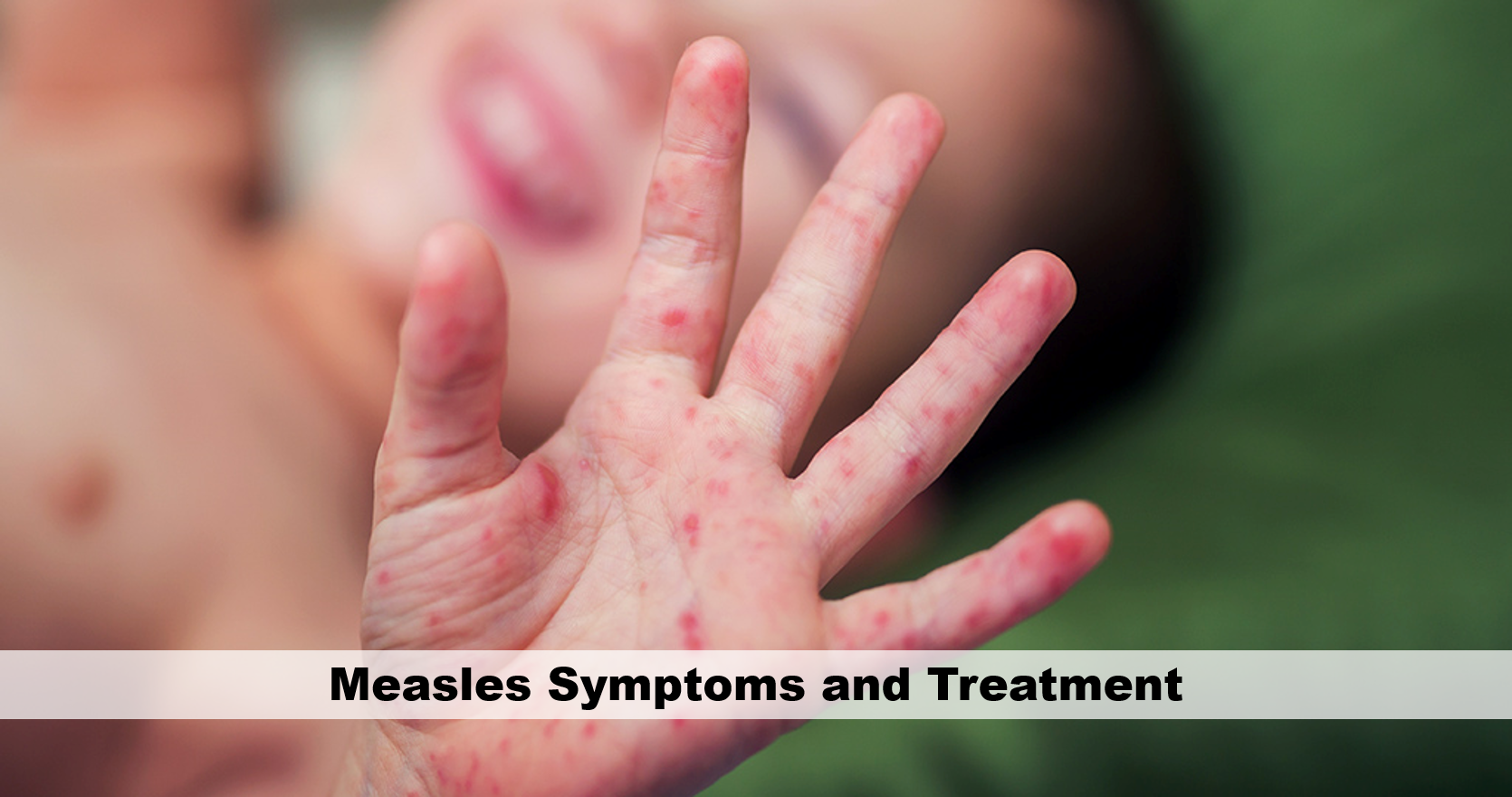Diphtheria Causes, Symptoms, and Treatment

What causes diphtheria? What are the symptoms of diphtheria? Diphtheria is a serious bacterial infection that usually affects structures in the nose and throat. Typically, it causes sore throat, fever, swelling of the lymph nodes, and fatigue. It is distinguished from other infections by the formation of a thick, gray membrane that covers the back of the throat, obstructs the respiratory tract, and causes difficulty breathing. This disease is very rare in developed countries due to widespread vaccination against the disease. Although there are some drugs used to treat diphtheria, 3% of patients die. The mortality rate is higher in children under 15 years of age. The disease can also damage the heart, kidneys, and nervous system in advanced stages. You can read the rest of the text to learn more about diphtheria causes, symptoms, and treatment.
What is Diphtheria?
It is a microbial respiratory infection that can cause serious complaints such as shortness of breath. Diphtheria is a highly contagious and potentially fatal infection that can affect the nose and throat and sometimes the skin. Although the causative germ spreads easily from one person to another, the spread can easily be prevented by the use of the diphtheria vaccine.

Diphtheria Causes
Diphtheria is an inflammatory respiratory disease caused by bacteria called Corynebacterium Diphtheriae. Bacteria spread from person to person; or by contact with contaminated cups or handkerchiefs used by the patient. It can also be transmitted to other individuals through sneezing or coughing. Infected people may continue to transmit for up to six weeks after the ingestion of the bacteria, even if symptoms disappear. Bacteria most often cause symptoms in the nose and throat. After the onset of the inflammatory process, bacteria secrete dangerous substances that are harmful to the body, called toxins. The toxins spread into the bloodstream and often cause a thick, gray membrane-like structure in the nose, throat, and tongue. The toxin released also causes:
- It causes tissue destruction in the infection area.
- It passes into the bloodstream and disperses in various body tissues.
- It Suppresses protein production of cells.
- It causes inflammation and nerve damage in the heart.
- It may cause a decrease in the number of blood elements called platelets involved in blood clotting.
- It may cause abnormal excretion of protein in the urine.
Diphtheria Risk Factors
People at high risk of developing diphtheria. can be listed as:
- Children and adults without vaccines
- People living in crowded or unhealthy conditions
- Anyone traveling to an area where diphtheria is endemic
Diphtheria Symptoms
The symptoms of diphtheria vary depending on the subtype of the bacterium and the affected body area. For example, a type of diphtheria more common in tropical climates causes skin ulcers rather than respiratory infections. However, the classic case of diphtheria occurs as an upper respiratory tract infection caused by bacteria. In classical diphtheria, a membrane called pseudomembrane is formed around the tonsils or in the nose and throat. This membrane may be greenish, bluish, or even black if there is bleeding. The period between the infection of the person and the onset of symptoms is called the incubation period. In diphtheria, this period is 5 days on average. Early symptoms that occur after the incubation period and before the appearance of pseudomembrane include:
- Fever
- Weakness
- Fatigue
- Swollen lymph nodes
- Runny nose
- Rapid heartbeat
Children with diphtheria infection in the cavity behind the nose and mouth are also likely to have the following early symptoms:
- Nausea
- Vomiting
- Headache
- Fever
|Measles Symptoms and Treatment|
What Are The Complications Of Diphtheria?
Diphtheria can cause various complications if left untreated. These complications include:
Respiratory problems: Bacteria causing diphtheria may produce a toxin. This toxin damages the tissues in the area of infection. Dead cells, bacteria, and other substances accumulated in the nose and throat form a hard, gray membrane. This membrane may interfere with breathing and may cause difficulty breathing.
Heart damage: Diphtheria toxin can spread through the bloodstream and cause inflammation of the heart muscle, leading to a condition called myocarditis. Myocarditis may be mild or severe. Severe conditions can lead to heart failure and sudden death.
Nerve damage: Toxin can also cause nerve damage. Damage often occurs in the throat nerves, which can cause swallowing difficulties as a result of poor nerve conduction. Nerves to the arms and legs can also become inflamed and cause muscle weakness in the related limb. If diphtheria toxin damages the nerves that help control the muscles used in breathing, these muscles may become paralyzed, which may make breathing impossible without a breathing apparatus.

Diphtheria Treatment
Treatment of diphtheria disease is mainly; antibiotics used to eliminate bacteria and drugs that stop the effects of harmful substances (toxins) produced by the bacteria. In the case of diphtheria affecting the skin, it is essential to thoroughly clean the infected wounds. Treatment is usually continued for two to three weeks. Skin ulcers usually heal within 2-3 months. People who are in close contact with someone who has had diphtheria infection may also need to take antibiotics or receive a dose of the diphtheria vaccine.





